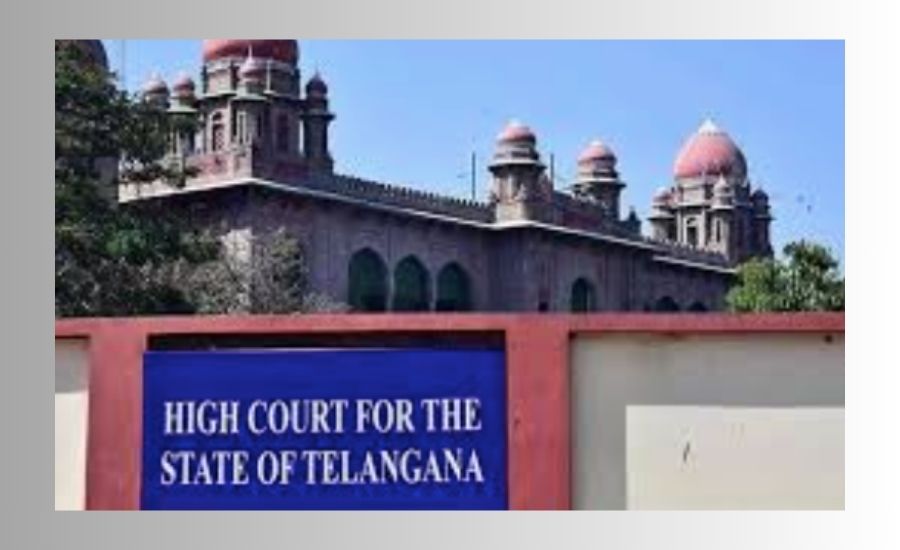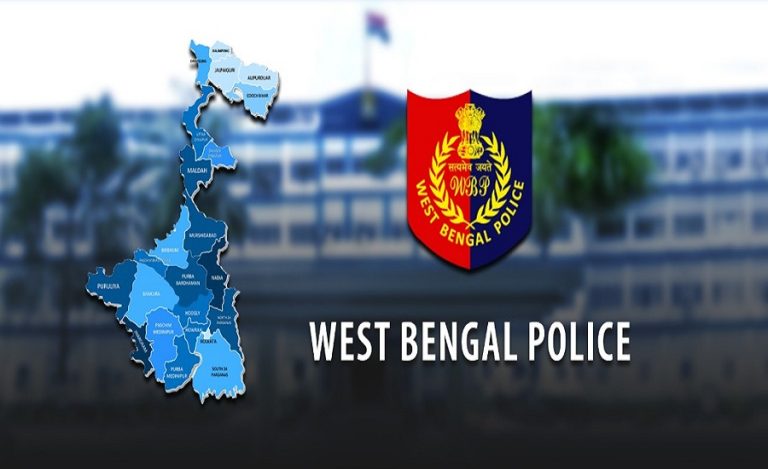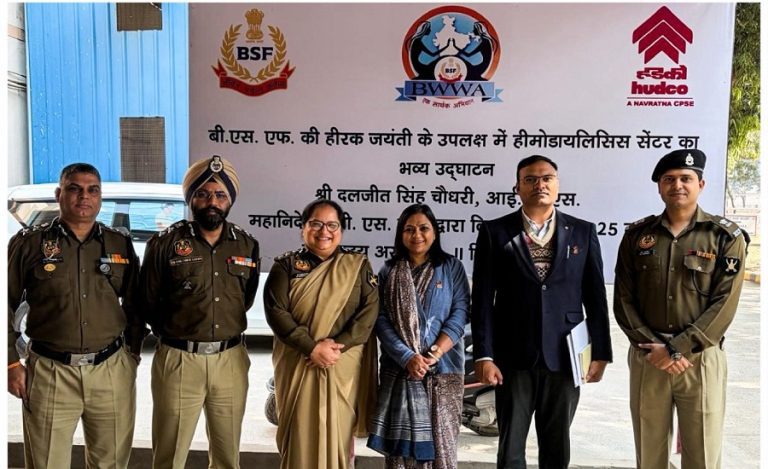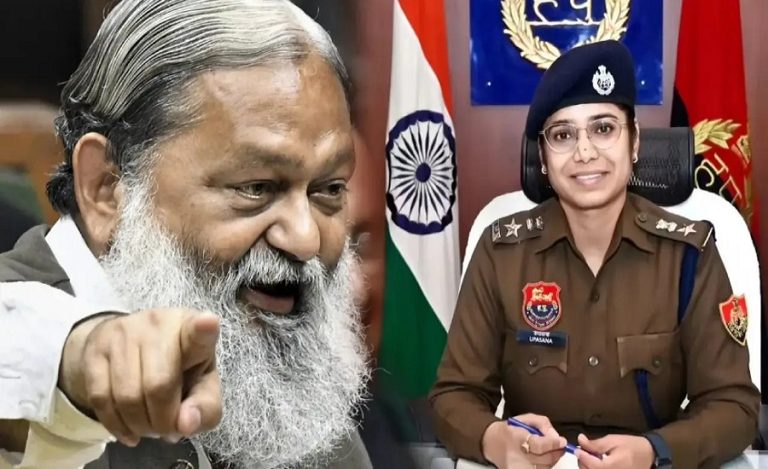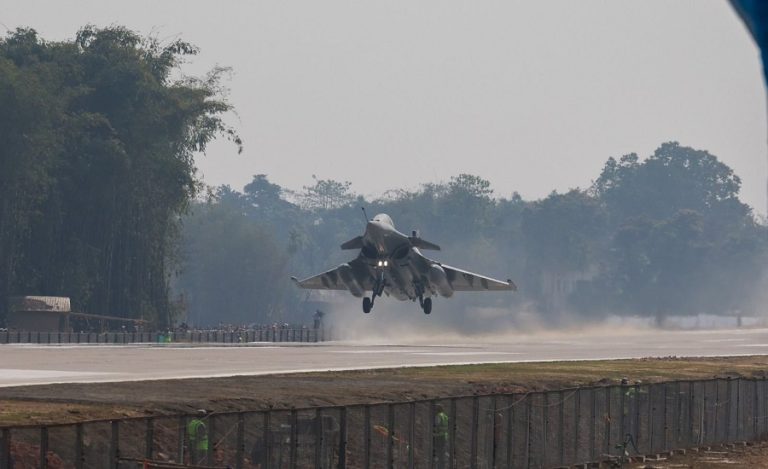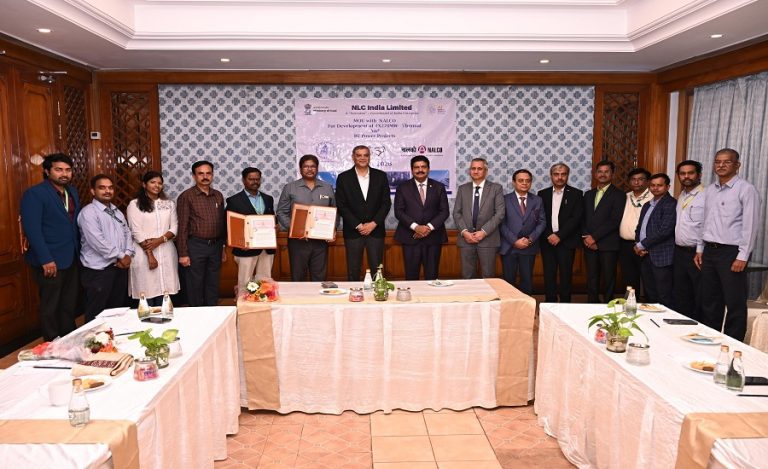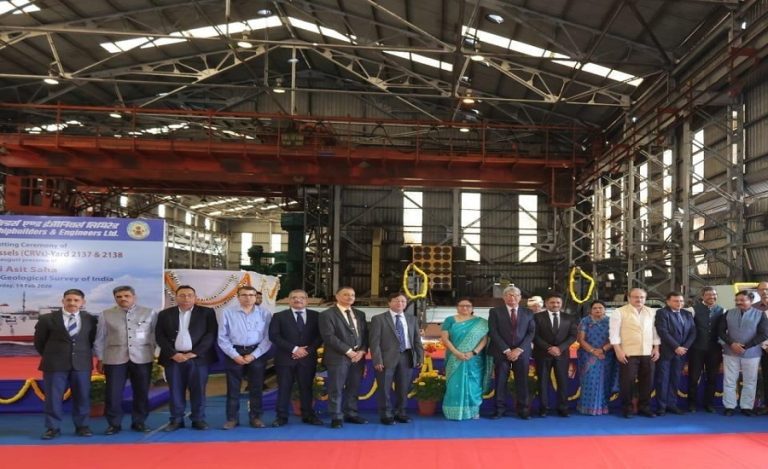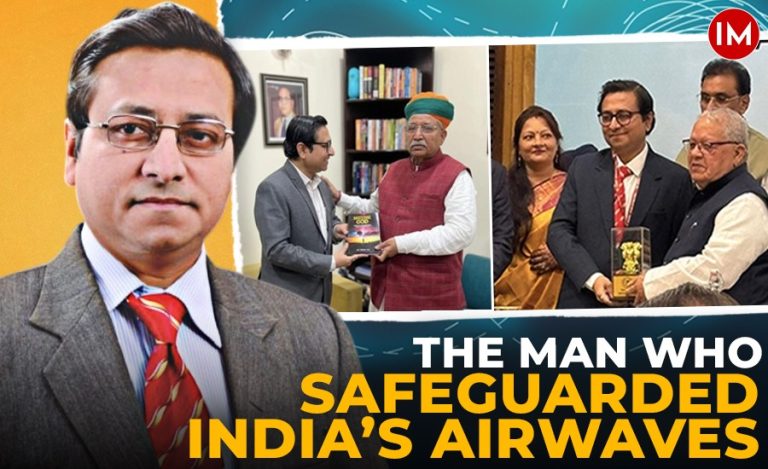In a significant development, the Central Bureau of Investigation (CBI) has requested the Telangana High Court to dismiss the petition filed by senior IAS officer Ms. Y. Srilakshmi (1988 batch). The officer sought quashing of the CBI’s case against her in connection with alleged irregularities and favoritism shown to Penna Cements during the tenure of the late Chief Minister Y.S. Rajasekhar Reddy in the erstwhile united Andhra Pradesh.
Also Read: Who Is Retired IAS Officer G Asok Kumar? ‘Rain Man of India’ Appointed Consultant in Delhi PWD
According to the CBI, Ms. Srilakshmi, while serving as the Secretary of Industries, had approved land allotments to Penna Cements and granted subsidies to Pioneer Hotels Ltd. The agency contended that these actions allegedly led to undue benefits for the companies, prompting a corruption case against her under the Prevention of Corruption Act.
CBI’s Argument: Petition Not Maintainable
During Monday’s hearing, the CBI’s counsel argued that Ms. Srilakshmi’s petition was not maintainable, as a similar plea filed by her had previously been withdrawn in 2022. The agency emphasized that refiling the petition after a gap of nine months was legally invalid. The CBI also pointed out that a discharge petition filed by Ms. Srilakshmi remains pending before the designated CBI court, making her current plea premature.
The CBI further clarified that the sanction for prosecution was granted under the relevant provisions of the Prevention of Corruption Act as they stood at the time. The agency explained that although the Act was amended in 2018, the chargesheet in Ms. Srilakshmi’s case had been filed in 2016, thereby making the earlier provisions applicable.
Petitioner’s Defense and Legal Contentions
Counsel representing Ms. Srilakshmi argued that the prosecution sanction granted by the government under Sections 13(1)(d) and 13(2) of the Prevention of Corruption Act was invalid, as those provisions did not exist at the time of sanction. They maintained that this procedural flaw warranted the quashing of the case. However, the CBI rebutted this argument, noting that the officer had not legally challenged the sanction order before any competent forum.
The Telangana High Court, after hearing both sides, adjourned the matter to November 17 and directed the petitioner’s counsel to submit written arguments. The outcome of this case could have wider implications for accountability, administrative procedure, and anti-corruption measures involving senior bureaucrats.
Bureaucratic Background: Who is Ms. Y. Srilakshmi?
Ms. Y. Srilakshmi is a 1988-batch IAS officer known for her long career in administrative services across various departments in undivided Andhra Pradesh and Telangana. She has previously held key portfolios, including Industries Secretary, where she was responsible for industrial policy formulation, investment promotion, and land allocation to industries.
Her name had earlier appeared in high-profile cases involving alleged irregularities in land allotments, though she has consistently maintained that all actions taken during her tenure were within the framework of government policy. Despite legal controversies, she continues to be recognized as an officer with significant administrative experience and influence in public policy circles.
Legal and Administrative Implications
This case underscores the growing scrutiny of bureaucratic decision-making, especially in industrial and investment-related approvals. The CBI’s position highlights its focus on procedural integrity, while the defense raises important questions on sanction validity and retrospective application of law.
For the administrative fraternity, the outcome could serve as a precedent for how retrospective amendments to anti-corruption laws are interpreted when applied to public servants.

